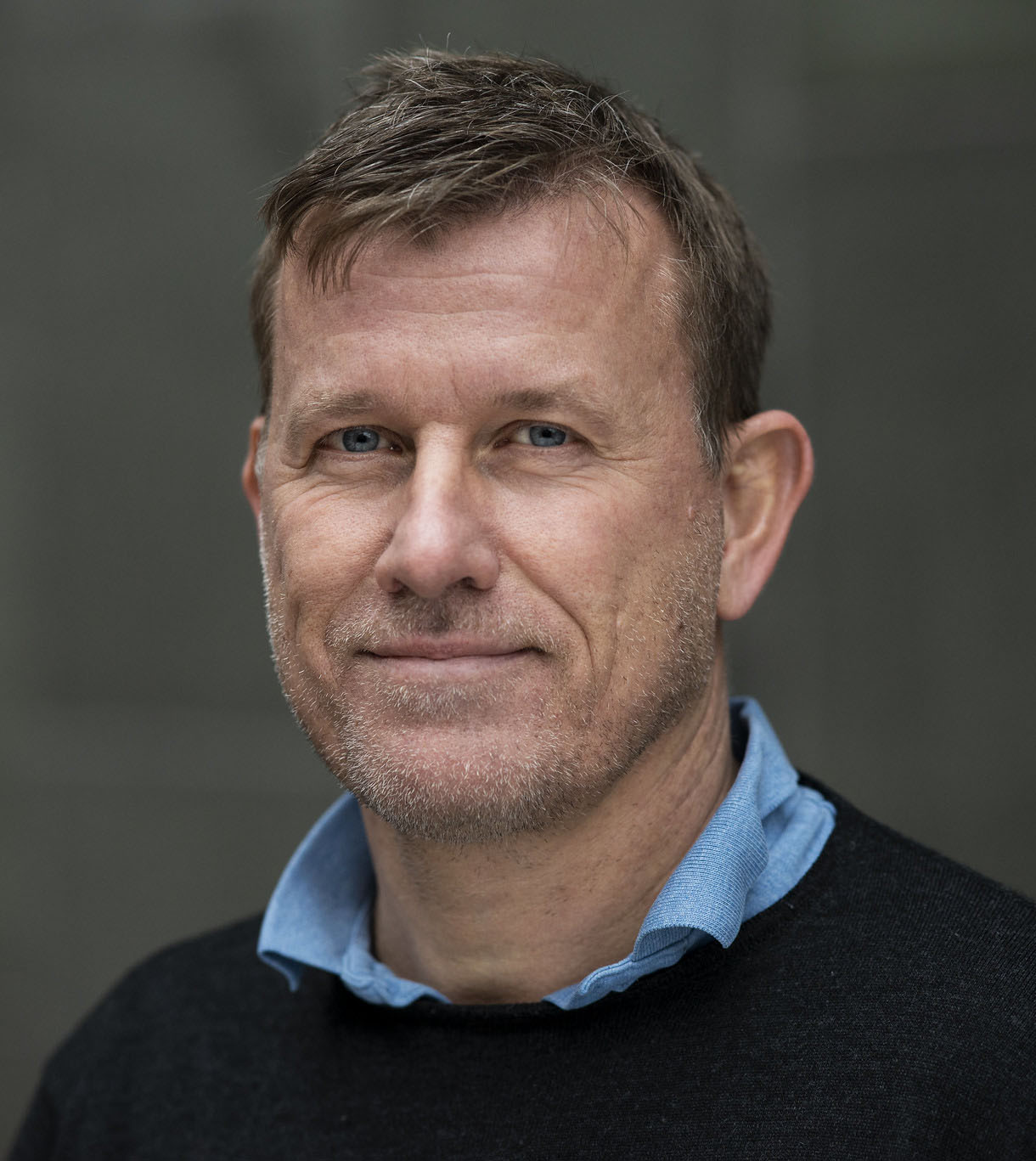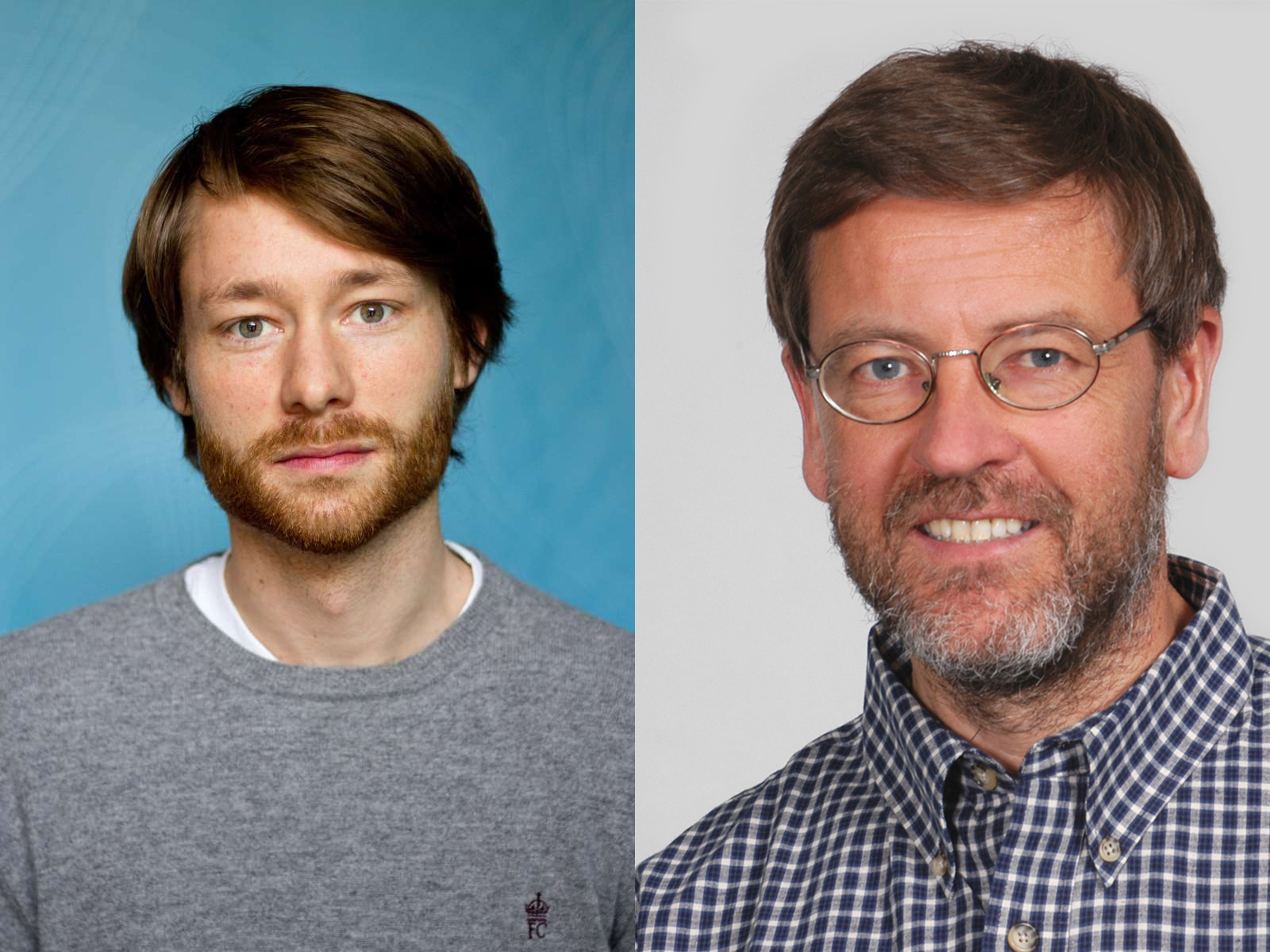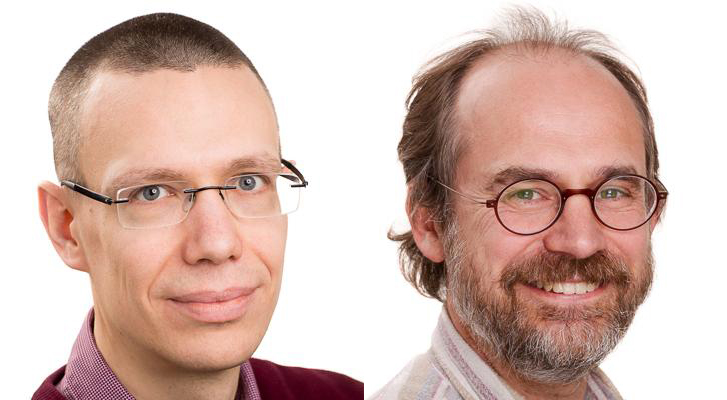Announcing the CAS projects 2022/23: from influenza to peace-and-conflict, and algebra

After a comprehensive election process, the CAS Board of Directors have elected the three project groups invited to stay at CAS for the academic year of 2022/23.
CAS is proud to announce a unique collaboration between scholars from the Department of Mathematics at the University of Oslo (UiO) and the Peace Research Institute Oslo (PRIO); an intriguing and timely project about Influenza pandemics from Oslo Metropolitan University (OsloMet), and last but not least a project on algebra and representation theory from the Norwegian University of Science and Technology (NTNU).
The project leaders will stay at CAS a whole academic year, uninterrupted by teaching and most administrative tasks. They will lead research groups comprised by handpicked, internationally acclaimed scholars.
Influenza among indigenous groups
Svenn-Erik Mamelund is a Research Professor at the Work Research Institute at OsloMet. For 25 years, he has been studying

At CAS, Mamelund will lead the multidisciplinary project Social Science Meets Biology: Indigenous People and Severe Influenza Outcomes.
The research group will “do the first interdisciplinary research project integrating genetic, epidemiological and social factors to unravel common factors for why Indigenous groups in Scandinavia, North America and Oceania are all highly susceptible to influenza, both in historical times and today».
Stability and Change
A former CAS Fellow, Nils Lid Hjort, Professor at the Department of Mathematics at the University of Oslo (UiO), and Håvard Mokleiv Nygård, Senior Researcher at the Department of Conditions of Violence and Peace at the Peace Research Institute Oslo (PRIO) will co-lead the CAS project Stability and Change.
Lid Hjort is a Professor in Statistics and Data Science. Nygård has a background in political science, and an interest in, amongst other fields, forecasting long-term incidence of civil armed conflict.
In this unique collaboration between mathematics and social science, they will “delve deeper into the many quantitative sides of armed conflict, developing relevant statistical methods for testing stability, pin-pointing critical junctures when such have occurred, and to better understand the underlying mechanisms”.

Representation Theory – Combinatorial Aspects and Applications
Professors at NTNU, Steffen Oppermann and Aslak Buan, will pack their bags and head for CAS in Oslo in 2022. Their project is about representation theory, which studies nonlinear algebraic structures by representing their elements as linear transformations of vector spaces.
"The interplay between homological and abstract categorical notions and concrete combinatorial structures is pivotal for studying representations of finite dimensional algebras", Oppermann and Buan write in their project description:
"There has recently been fruitful interaction between this branch of representation theory and mathematical physics, algebraic combinatorics and topological data analysis, exemplified by the concepts cluster categories and of persistence modules, respectively. In this project, experts from these fields will cooperate with representation theory specialist, aiming both for intrinsic progress in representation theory as well as concrete applications within these fields of application."
